
By comparing results with pooled placebo groups from the PRO-ACT database, the data showed a 67% slower ALSFRS-R progression with IPL344.

By comparing results with pooled placebo groups from the PRO-ACT database, the data showed a 67% slower ALSFRS-R progression with IPL344.

On King’s staging systems, ALSAQ-5 scores increased from 24.6 at stage 1 to 62.1 at stage 4, whereas for Milano-Torino Staging systems, patients’ ALSAQ-5 scores increased from 43.2 at stage 0 to 80.7 at stage 3.

Nearly one-fourth of the observed treatment-emergent adverse events were related to edaravone. Additionally, there were no serious TEAEs found, and TEAEs were mostly representative of ALS progression.

A retrospective study presented at the 2022 Annual NEALS Meeting reported health disparities in the initial presentation of Black patients with ALS in comparison with White patients.
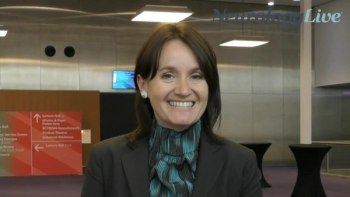
The associate professor of neurology at the University of California, San Francisco, discussed the key points from an oral presentation at ECTRIMS 2022 on understanding postpartum for patients with MS and NMOSD. [WATCH TIME: 4 minutes]

Treatment with RNS60 resulted in significantly slower rate of decline in FVC and eating and drinking domains of the ALSAQ-40 scale over a 24-week period.
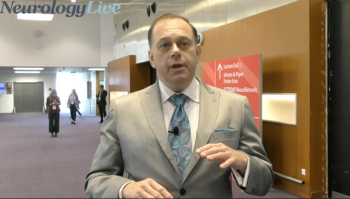
The clinical research director of the UCSF Multiple Sclerosis Center discussed the need for measures of progression in neuromyelitis optica and the next steps in treatment. [WATCH TIME: 4 minutes]

Treatment with tegoprubart resulted in significant reductions of CD40L and CXCL13 levels that occurred after first infusion and sustained throughout the treatment period.

As patients with ALS may have altered taste perception and have expressed that bitterness is associated with AMX0035 (Relyvrio; Amylyx) administration, a number of coping strategies have suggested a workaround to ensure treatment adherence and effectiveness.

Christina Fournier, MD, MSc, associate professor of neurology, Emory University, discussed her presentation at the 2022 NEALS Consortium using a telemedicine exam to track ALS progression.

Once thought nearly impossible to treat, ALS has seen another step of progress with the approval of AMX0035 and a future of potential therapeutics on the way.
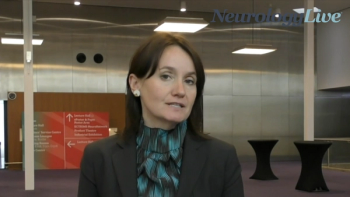
The associate professor of neurology at the University of California, San Francisco, discussed takeaways from an oral presentation at ECTRIMS 2022 on the use of anti-CD20 therapies in postpartum for patients with MS and NMOSD. [WATCH TIME: 5 minutes]

SBT-272, an investigational small molecule in development for ALS and other neurological disease of mitochondrial dysfunction, resulted in improved membrane potential and axonal outgrowth of TDP-43 in vitro.
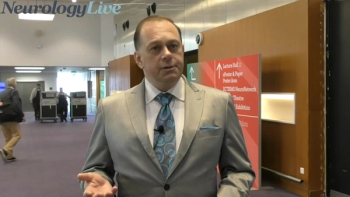
The clinical research director of the UCSF Multiple Sclerosis Center provided insight on an abstract from ECTRIMS 2022 regarding inebilizumab’s mechanism of action to prevent NMOSD attacks. [WATCH TIME: 3 minutes]
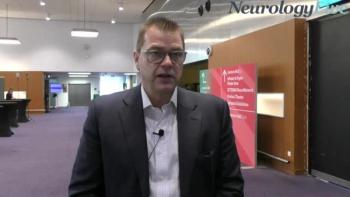
The director of the Buffalo Neuroimaging Analysis Center provided context on a new study exploring ocrezliumab’s (Ocrevus; Genentech) effect on leptomeningeal inflammation and humoral response to EBV. [WATCH TIME: 5 minutes]

Laurits Taul Madsen, a PhD candidate at Aarhus University, discussed the use of lower extremity function assessments to characterize patients with MS at risk for future falls.
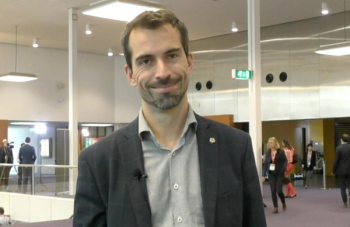
The professor of neurology and biostatistician at University of Melbourne and Royal Melbourne Hospital spoke on stem cell transplantation in patients with MS and its effectiveness in comparison with other traditional approaches. [WATCH TIME: 2 minutes]

In the meta-analysis, the Paleolithic and Mediterranean diets continued to outperform other dietary interventions such as ketogenic, anti-inflammatory, fasting, and calorie restriction on fatigue and quality-of-life outcomes.

Findings from a randomized phase 2 trial resulted in patients with relapsing multiple sclerosis treated with evobrutinib displaying an increase in S1/S2 IgG antibody levels.
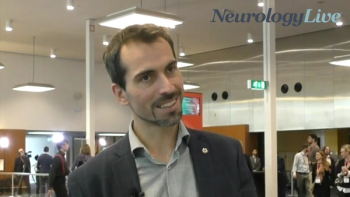
The professor of neurology and biostatistician at the University of Melbourne and Royal Melbourne Hospital spoke about his oral presentation from the 38th ECTRIMS Congress. [WATCH TIME: 5 minutes]

Among those on early highly-effective treatments, shorter disease duration and shorter time between first treatment and current treatment led to more patients achieving no evidence of disease activity.
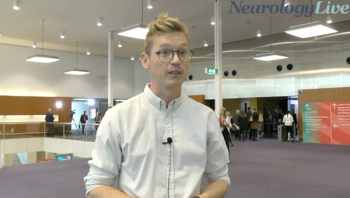
The PhD student at Aarhus University provided insight on his study presented at 2022 ECTRIMS Congress on an innovative way using neuromuscular measures to discriminate those with MS at high risk for falls. [WATCH TIME: 2 minutes]

Test your neurology knowledge with NeurologyLive®'s weekly quiz series, featuring questions on a variety of clinical and historical neurology topics. This week's topic is epilepsy and seizure disorders.
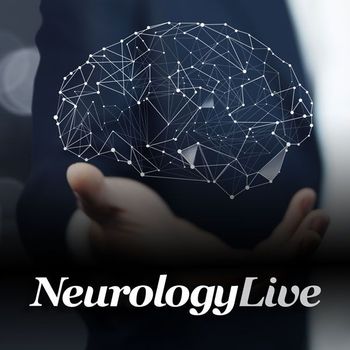
Two weeks after natalizumab infusion, patients demonstrated significantly less central fatigue, with a trend for a reduction in supraspinal fatigue, among other notable findings.
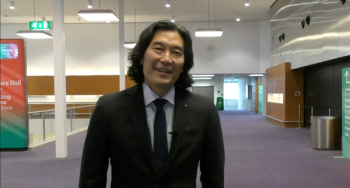
The director of Neuroinnovation and Multiple Sclerosis & Neuroimmunology Imaging Program at UT Southwestern Medical Center shared his perspective on data suggesting that DMT can benefit patients with radiologically isolated syndrome. [WATCH TIME: 3 minutes]

In a late-breaking presentation in ECTRIMS, data from the MSBase international registry was suggestive of higher disability accumulation risk compared with those who did not experience relapse, in both treated and untreated patients with MS.

Using a prespecified noninferiority margin of 0.2 rate ratio, rituximab failed to distinguish itself from ocrelizumab on the primary end point of annualized relapse rate.

Presented as an oral late breaker by Tomas Kalincik, MD, PhD, autologous hematopoietic stem cell transplantation was not superior to natalizumab in the reduction of disability progression in patients with progressive MS.

In the first of its kind ARISE study, treatment with dimethyl fumarate resulted in more than 80% reduction in risk of first demyelinating event relative to placebo.
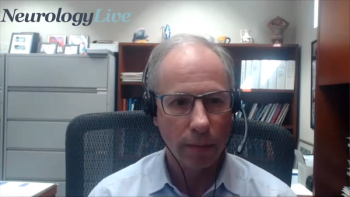
The neurologist in the Mellen Center for Multiple Sclerosis Treatment and Research at Cleveland Clinic, shares more on his late breaker presentation from the 38th ECTRIMS conference. [WATCH TIME: 4 minutes]